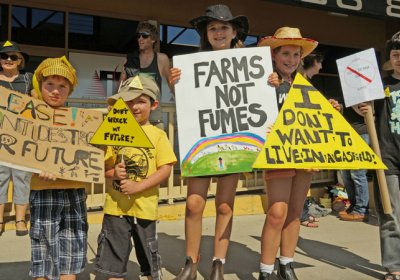Millions of pounds in taxpayers’ money will be used to fund the Conservative government’s bid to smash rail unions so that firms can impose the widespread use of driver-only operated (DOO) trains, rail union RMT warned on January 12.
Research by the union shows that government ministers were inserting new clauses in franchise agreements to allow train-operating companies to claim back any revenue lost to industrial action over the plans to get rid of guards.











